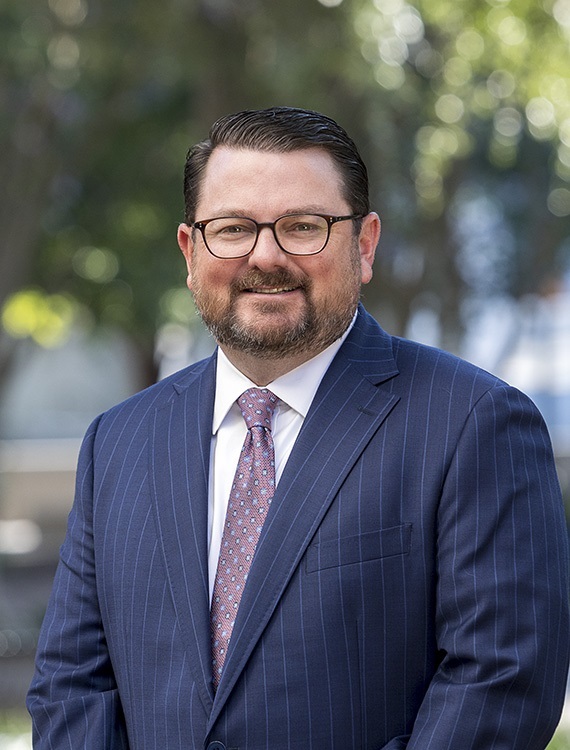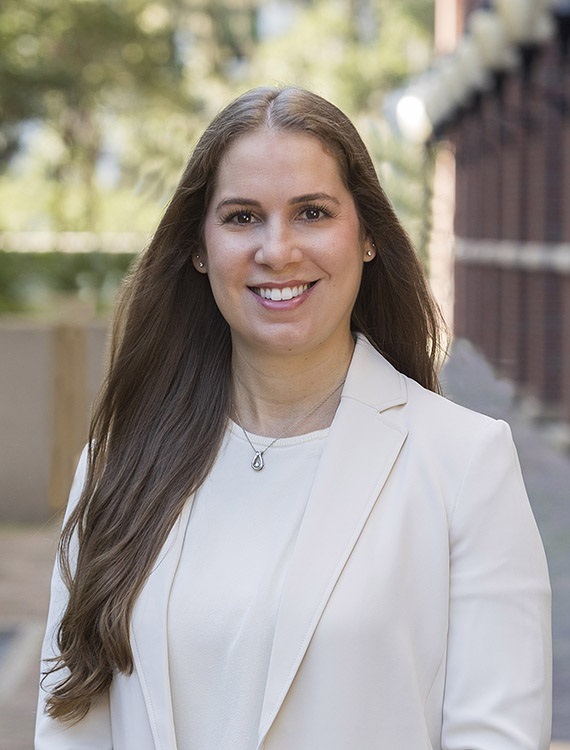EDITORIAL: Looking for relief
May 21, 2010 08:00 AM
Now that he’s declared himself a newborn independent candidate for the U.S. Senate, Gov. Charlie Crist seemingly has searched for opportunities to position his thumb on the tip of his nose and wiggle his four fingers at Republican legislators.
However, with regard to a new property insurance bill, he should extend that hand toward the Legislature in the spirit of cooperation — right after he signs the measure into law.
Crist this week received SB 2044, an omnibus bill that would:
- Reduce the time in which a homeowner can file a claim after a storm from five years to three.
- Cap commissions for public claims adjusters.
- End the current practice in which policyholders file a claim and choose not to make repairs on a damaged property; instead, they take the money and run. Under the new law, an insurance company would pay for a portion of the repairs initially and fund the rest when repairs were completed.
- Raise the minimum capital requirements for new and existing property insurance companies.
- Allow insurers to pass along reinsurance and inflation costs by raising premiums up to 10 percent, subject to state approval.
The bill would help reduce the amount of insurance fraud in Florida, which contributes to higher premiums. It also would strengthen Florida’s property insurance market by giving insurers a little more financial flexibility and requiring them to be on firmer financial ground.
The increase in new property insurers once was touted by state regulators as proof the market was rebounding from years of losses. But that proved to be an illusion; too many of those startups were undercapitalized. Last year, without a single storm striking the state, six of these new insurers went bankrupt. SB 2044 would help ensure that any newcomers to the market have the resources to compete.
Unfortunately, the bill doesn’t include provisions contained in the Consumer Choice Act, which would have permitted property insurers to sell some policies at unregulated rates. Crist last year vetoed the first Consumer Choice Act, and this year a similar version failed to pass the Legislature. Apparently more lawmakers now agree with the governor (and Insurance Commissioner Kevin McCarty, who opposed the bill) that people can’t be trusted to make their own insurance decisions by weighing the benefits with the costs.
McCarty, though, supports SB 2044. That might be grounds for skepticism of the bill’s worthiness. Certainly, the measure maintains too much of the state’s regulatory structure, which distorts market forces that allow rates to reflect risk and make insurance actuarial sound. The bill doesn’t go far enough, but right now even modest relief on the pressure building within Florida’s property insurance problem is welcomed.
SB 2044 also is supported by several consumer advocate groups (although others oppose it). Walter Dartland of the Coalition Against Insurance Fraud said, “To do nothing in light of the current situation increases risk to consumers and insurers.” Florida’s Insurance Consumer Advocate Sean Shaw said it would be “slightly better” if the bill becomes law than if it doesn’t.
Crist has until June 1 to sign SB 2044 into law. That’s the first day of the Atlantic hurricane season — a perfect time to begin reversing years of bad public policy on property insurance.












